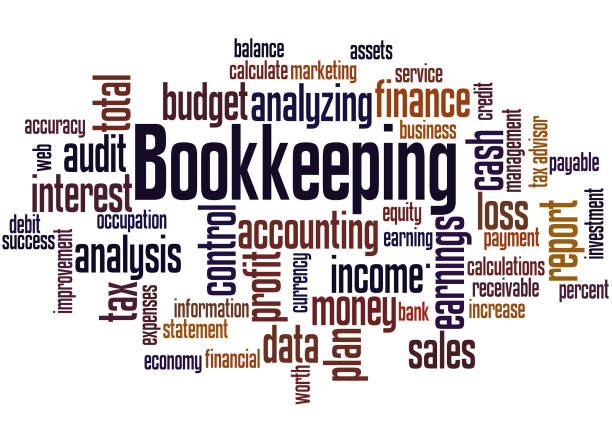What Does Bookkeeping Entail?
Bookkeeping involves meticulously recording financial transactions, including sales, purchases, and payments. It ensures all financial data is organized, accurate, and accessible. This process is crucial for tracking cash flow, preparing tax returns, and making strategic decisions. Without proper bookkeeping, businesses risk financial mismanagement.

Why Bookkeeping is Essential
Bookkeeping provides a clear view of a company’s financial health. It helps track revenue, manage expenses, and ensure compliance with tax regulations. In regions like the UAE, bookkeeping services in Dubai UAE are critical for meeting VAT and other regulatory requirements, avoiding penalties, and maintaining transparency.
Manual vs. Automated Bookkeeping
Businesses can choose manual or automated bookkeeping. Manual methods involve spreadsheets or ledgers, suitable for small operations. Automated systems, using software like Xero, save time and reduce errors. Automation is increasingly popular for its efficiency and real-time reporting capabilities.
Key Bookkeeping Tasks
Bookkeeping includes tasks like recording transactions, reconciling bank statements, and managing payroll. These tasks ensure financial accuracy and support budgeting and forecasting. Consistent bookkeeping helps businesses avoid cash flow issues and plan for growth.
The Role of Technology
Modern bookkeeping relies heavily on technology. Cloud-based platforms allow real-time access to financial data, improving decision-making. These tools also simplify tax preparation and compliance, making them invaluable for businesses of all sizes.
Outsourcing Bookkeeping Benefits
Outsourcing bookkeeping to professionals offers expertise and efficiency. In complex markets, professional services ensure compliance with local laws and provide accurate records. This allows business owners to focus on core operations while experts handle financial management.
Bookkeeping for Small Businesses
Small businesses benefit greatly from bookkeeping. It helps track expenses, monitor profitability, and prepare for tax season. Simple software or professional help can make bookkeeping manageable, even for those with limited resources.
Building a Bookkeeping Routine
To start, businesses should establish a routine for recording transactions and reconciling accounts. Choosing the right software or consulting professionals can streamline the process. Regular bookkeeping ensures financial stability and supports long-term success.
In conclusion, bookkeeping is a critical function that underpins business operations. It ensures compliance, supports growth, and enhances financial clarity.
Comments on “The Importance of Bookkeeping in Business Operations”